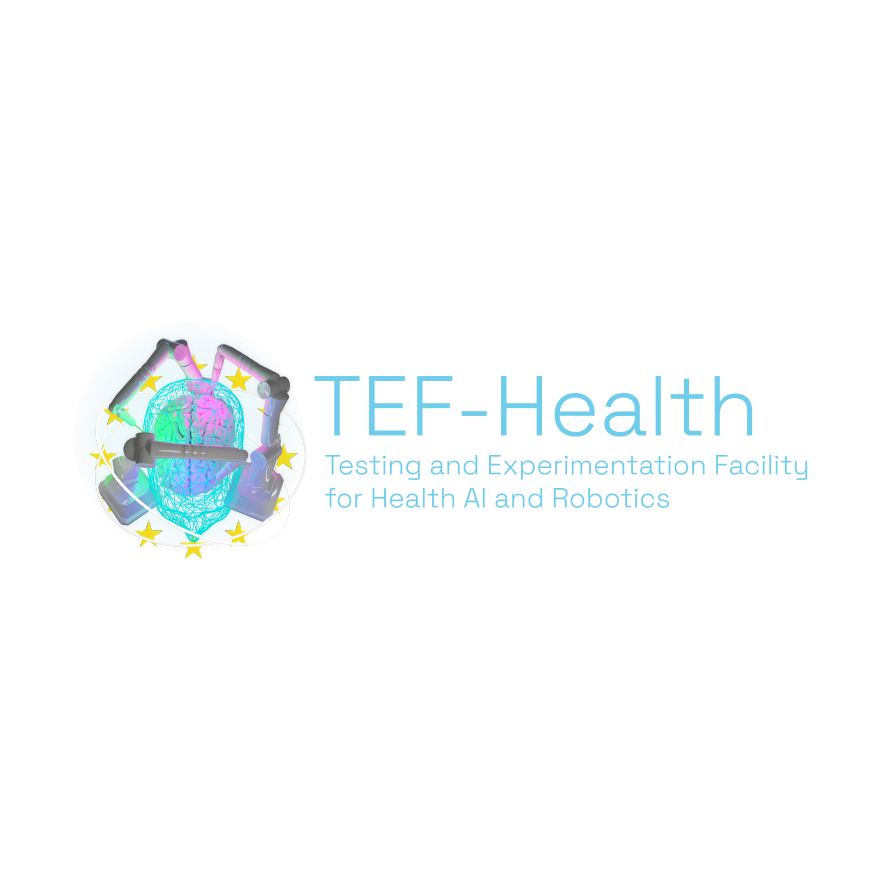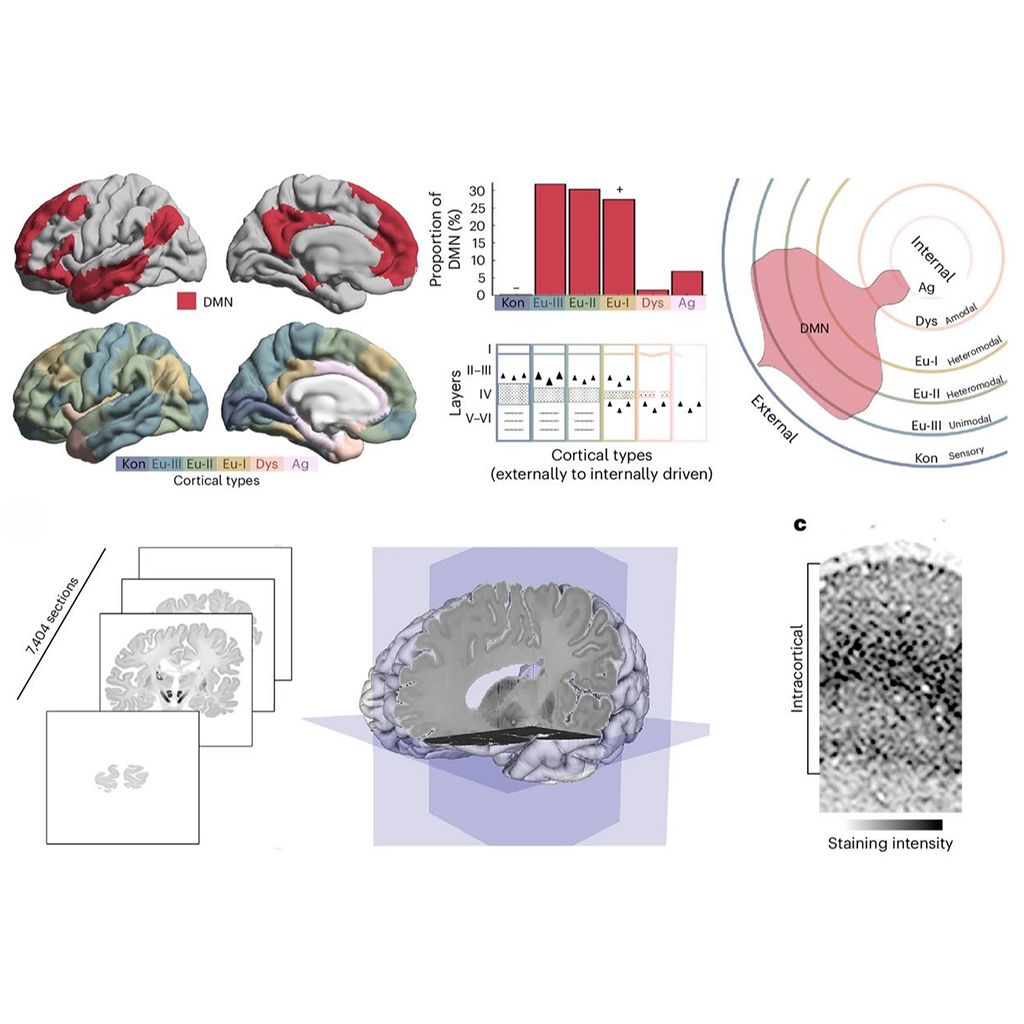
EBRAINS User Stories – João Ferreira: "EBRAINS has been essential for my scientific development"

This time, we talk to João Ferreira, who is actively engaged in several EBRAINS initiatives. An EBRAINS Student Ambassador and PhD candidate at the Faculty of Medicine, University of Coimbra, he also conducted research at the University of Lisbon, under 3 Marie Sklodowska Curie Research Grants. He has been recognised with an award for his volunteer efforts to make scientific literature more accessible to patients with rare diseases.
You recently became an EBRAINS Student Ambassador. What has that experience been like for you?
Becoming an EBRAINS Student Ambassador has been an incredibly enriching experience, both personally and professionally. I have always believed that science should be collaborative and accessible, and this role places me at the heart of a community that shares this vision. Knowledge only truly evolves when it is shared and applied openly. This programme provides me with the opportunity to engage with researchers from diverse fields, explore the potential of computational neuroscience from different perspectives, and, most importantly, build bridges between disciplines and audiences. Contributing to the dissemination of innovative tools and facilitating access to scientific information is something I consider essential. Moreover, this experience reinforces my belief that the future of science depends on international collaboration and the ability to translate complex discoveries into concrete applications for society. It is not enough to generate knowledge; we must ensure that it reaches those who can truly benefit from it.
You have been actively involved with EBRAINS for some time now. In what ways do you use EBRAINS resources in your research or academic work?
EBRAINS has been a fundamental pillar in my academic and research journey. Through EBRAINS, I have participated in several training sessions and courses that have significantly expanded my skills – from neuroethics and AI ethics to brain modelling for epilepsy. I have attended most of the Brain Matters webinars, which were great for insights on brain research. I have contributed to three EBRAINS' CoCreate reports as a co-author: Improved Investigation of Brain-related Disorders (2023), where we explored innovative methodologies for studying neurological disorders; Epidemiology and Non-Invasive Biomarkers to Improve the Understanding of Brain-Related Disorders (2023), focusing on epidemiology and non-invasive biomarkers; EBRAINS CoCreate on Digital Brain Health (2022), addressing research and innovation strategies in digital brain health. I’ve also been actively involved in the EBRAINS Unconferences — dynamic events where participants shape the agenda based on their interests. I co-presented sessions on topics like emotional burnout, synaptic remodelling, and how sports affect brain activity. Another key resource is EBRAINS Workflows, which enables us to structure and interlink large volumes of scientific data, facilitating pattern discovery and the formulation of new hypotheses. This tool was crucial in my co-authorship of the EBRAINS White Paper (2023), "Developing workflows on the EBRAINS research infrastructure – an early career researchers' perspective", which highlights the importance of data interoperability in neuroscience research. Undoubtedly, EBRAINS has been essential for my scientific development and networking, providing me with tools and opportunities that drive research and promote scientific collaboration.
"EBRAINS has been essential for my scientific development and networking, providing me with tools and opportunities that drive research and promote scientific collaboration."
EBRAINS Student Ambassador and PhD candidate at the Faculty of Medicine, University of Coimbra
What EBRAINS resources do you find most valuable?
Among the many resources available through EBRAINS, I particularly value those that foster integration across different knowledge areas and facilitate access to neuroscientific data and simulations. True scientific progress happens when we connect diverse perspectives and translate complex information into something applicable and accessible. One of the most valuable tools for me is the EBRAINS Knowledge Graph, which allows for structured exploration and connection of scientific data, making research more efficient and accessible. Large-scale simulations offered by the platform are equally crucial for testing hypotheses and gaining a deeper understanding of brain mechanisms, reinforcing the importance of computational modelling in neuroscience. I also highly appreciate the Brain Atlases, which provide detailed and interactive brain maps, allowing for intuitive navigation through anatomical and functional data. This tool transforms how students and researchers explore the human brain, aligning with my belief that knowledge should be presented in a clear and accessible manner to create a real impact. Ultimately, what makes EBRAINS so valuable to me is its ability to transform cutting-edge technology into something useful for the scientific community and for advancing neuroscience knowledge.
You have received several academic recognitions, including the Portuguese Great Volunteering Trophy (Revelation category, 2024) for your efforts in making scientific knowledge more accessible. What inspired you to translate medical literature for patients with rare diseases?
Volunteering is, by definition, an act of altruism and a unique expression of commitment to the common good. What motivated me to translate medical literature for patients with rare diseases was, above all, my awareness of the enormous linguistic gap between scientific knowledge and those who need it the most. Medical information is often too technical and inaccessible for patients and their families, especially those who do not speak English. Knowledge should not be a privilege for the few but a right for all, especially when it concerns health and quality of life. Moreover, I have always believed that science only has a real impact when it goes beyond academic circles and reaches society in an understandable and useful way. My goal was never just to translate words but to translate hope — to turn medical knowledge into a tool that helps people better understand their conditions and make informed decisions. Receiving the Portuguese Great Volunteering Trophy (Revelation category, 2024) was an immense honour, but the real reward is knowing that this work makes a difference in the lives of those who, until now, felt that no one spoke their language.
News & events
All news & events
- News16 Apr 2025

